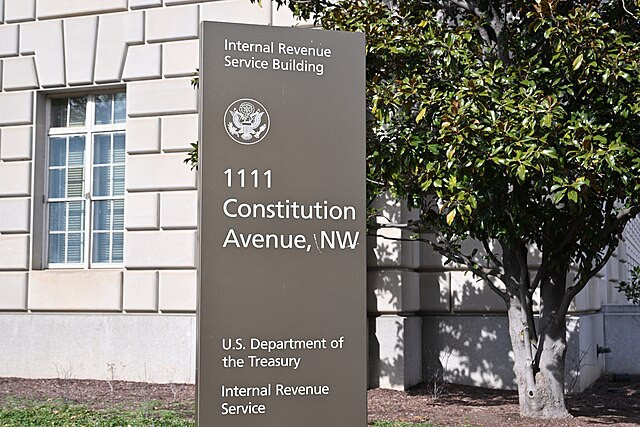The Treasury Department and IRS on Friday unveiled proposed regulations for President Donald Trump's signature "no tax on tips" provision, offering long-awaited clarity on which workers qualify for the deduction and what counts as a tip. The measure, part of Trump's "big beautiful bill" signed into law in July, allows workers in eligible occupations to deduct up to $25,000 in qualified tips per year from 2025 through 2028.
The deduction phases out for taxpayers with a modified adjusted gross income over $150,000, according to Treasury officials. The rules will apply retroactively to tips earned beginning Jan. 1, 2025. The Yale Budget Lab estimates there were about 4 million workers in tipped occupations in 2023, representing roughly 2.5% of U.S. employment.
Treasury released a list of 68 occupations "customarily and regularly receiving tips" as of Dec. 31, 2024, to establish eligibility. However, the agency said certain "specified service trade or businesses" (SSTBs) will be excluded, echoing limitations in Trump's 2017 tax overhaul. SSTBs include health care, legal, financial services, performing arts, and other professional categories.
Among the jobs excluded from the new tax break are sommeliers, cocktail waiters, pastry chefs, bingo workers, DJs, clowns, podcasters, influencers, ushers, maids, gardeners, electricians, wedding planners, massage therapists, yoga instructors, ski instructors, parking attendants, and delivery drivers.
To qualify, tips must be voluntary and reported to the employer so they appear on the worker's W-2 form. Mandatory service charges, such as an 18% auto-gratuity for large restaurant parties, will not be eligible. "Automatic gratuity is not considered a qualified tip because it isn't given voluntarily," Treasury officials said on a Thursday press call.
The deduction will apply per tax return, meaning married couples filing jointly can deduct a combined $25,000, but the benefit isn't available to married individuals filing separately.
Congressional budget analysts project the "no tax on tips" provision will increase the federal deficit by roughly $40 billion through 2028. The nonpartisan Joint Committee on Taxation estimated in June that the tax break will cost $32 billion over 10 years.






